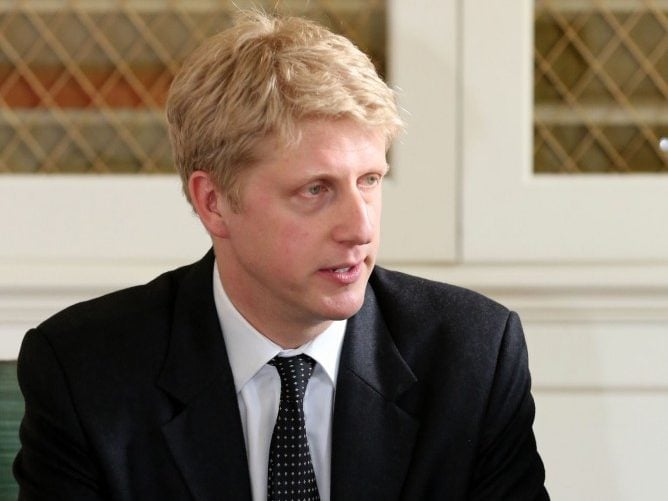As part of the government’s ongoing efforts to improve teaching standards at universities, a new set of tests, one taken before beginning a degree and another taken after graduation, is being introduced. They will aim to examine critical thinking and problem solving skills in an attempt to establish how much students have improved during their degree and whether the respective university is providing value-for-money.
Starting this autumn, up to 50,000 students will pilot the initial test. Such a system is just a part of the wider programme by the government to ensure students are getting good value in their degrees, as many universities are now charging the maximum £9,000 in tuition fees. Jo Johnson, the Universities Minister, has recently criticised the quality of teaching in some universities as “lamentable,” stressing the need for the test.
Criticism launched at British higher education often questions factors such as the amount of contact time students receive, especially in comparison to courses taught abroad. For example, it has been suggested that even top British universities, including Oxford, are not off ering good value-for-money when compared to American Ivy League institutions such as Harvard and Yale, even though those universities charge five times as much as the £9,000 limit in the UK.
The response from universities to the “before and after test”, as Jo Johnson terms it, has been one of caution, with several suggesting the proposed test would be too generic to be meaningful, whilst others have warned that some universities may simply “teach to the test.”
There is also a concern the test is too narrow in its approach, and will neglect other skills gained during a degree, as well as potentially sidelining degrees, such as fi ne art and music, which may place more emphasis upon other skills, like performance and craftsmanship, that are outside the test’s parameters.
But while new to Britain, similar tests are already used in other countries such as the US. An example is the Collegiate Learning Assessment test, which aims to measure critical thinking and written communication skills. It is currently used by more than 700 institutions in the US and across the world. The test lasts 60 minutes and involves students analysing a set of documents and writing an appropriate response. This is then followed by a multiple-choice paper. Whilst the tests available in the US are voluntary, Brazil carries out mandatory testing for all university students.
Offering another perspective to the situation, English student Paul Ritchie suggests it seems “rather horrendous that the government is trying to legitimise tuition fee increases under the guise of rewarding ‘academic excellence.’”
The government has recently passed legislation to allow the best achieving universities to increase tuition fees in line with inflation, pushing beyond £9000 a year. This new legislation, aided by the proposed test, allows a push for higher tuition fees at excellent universities and fee reductions at under-performing ones.



